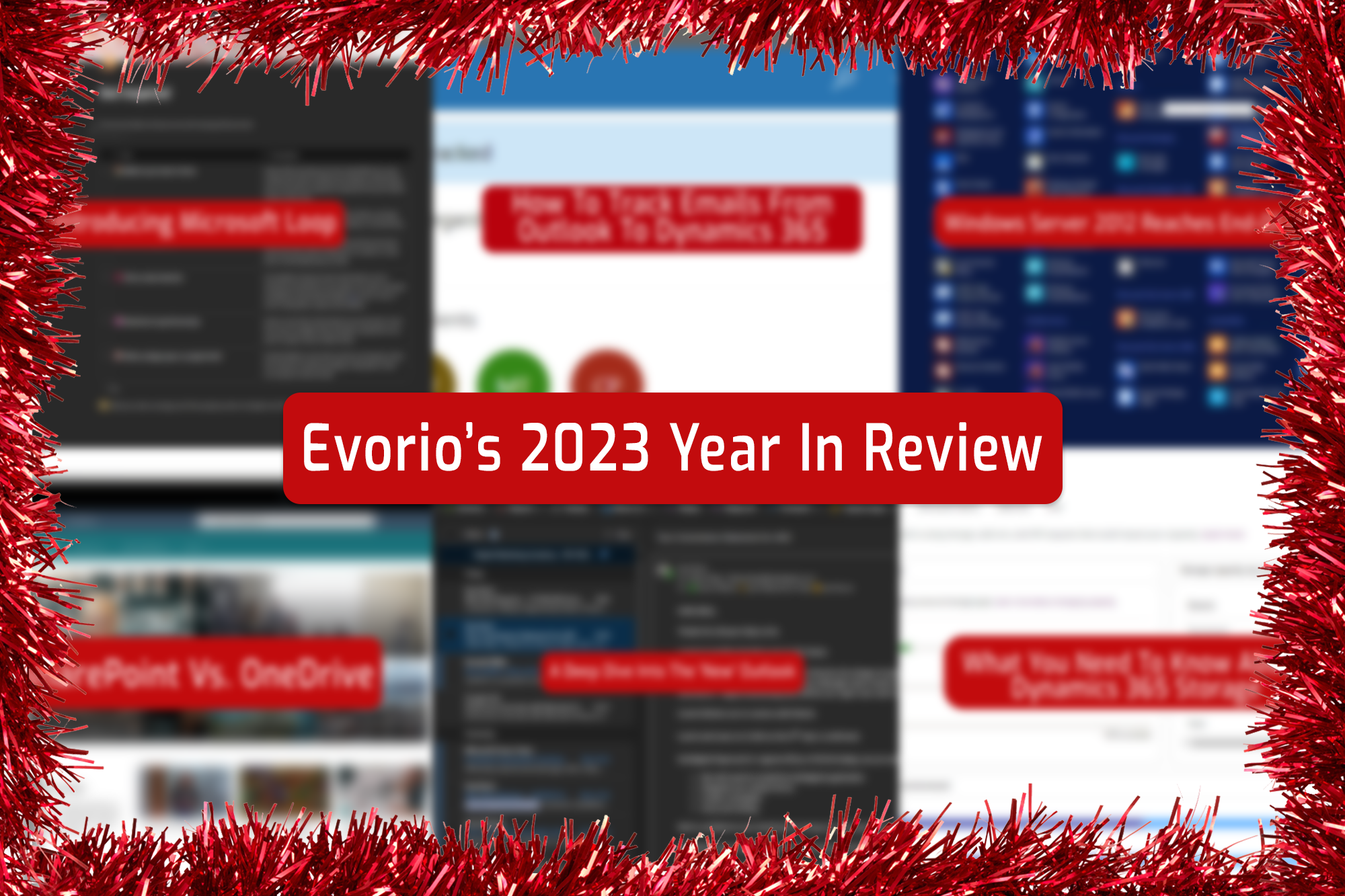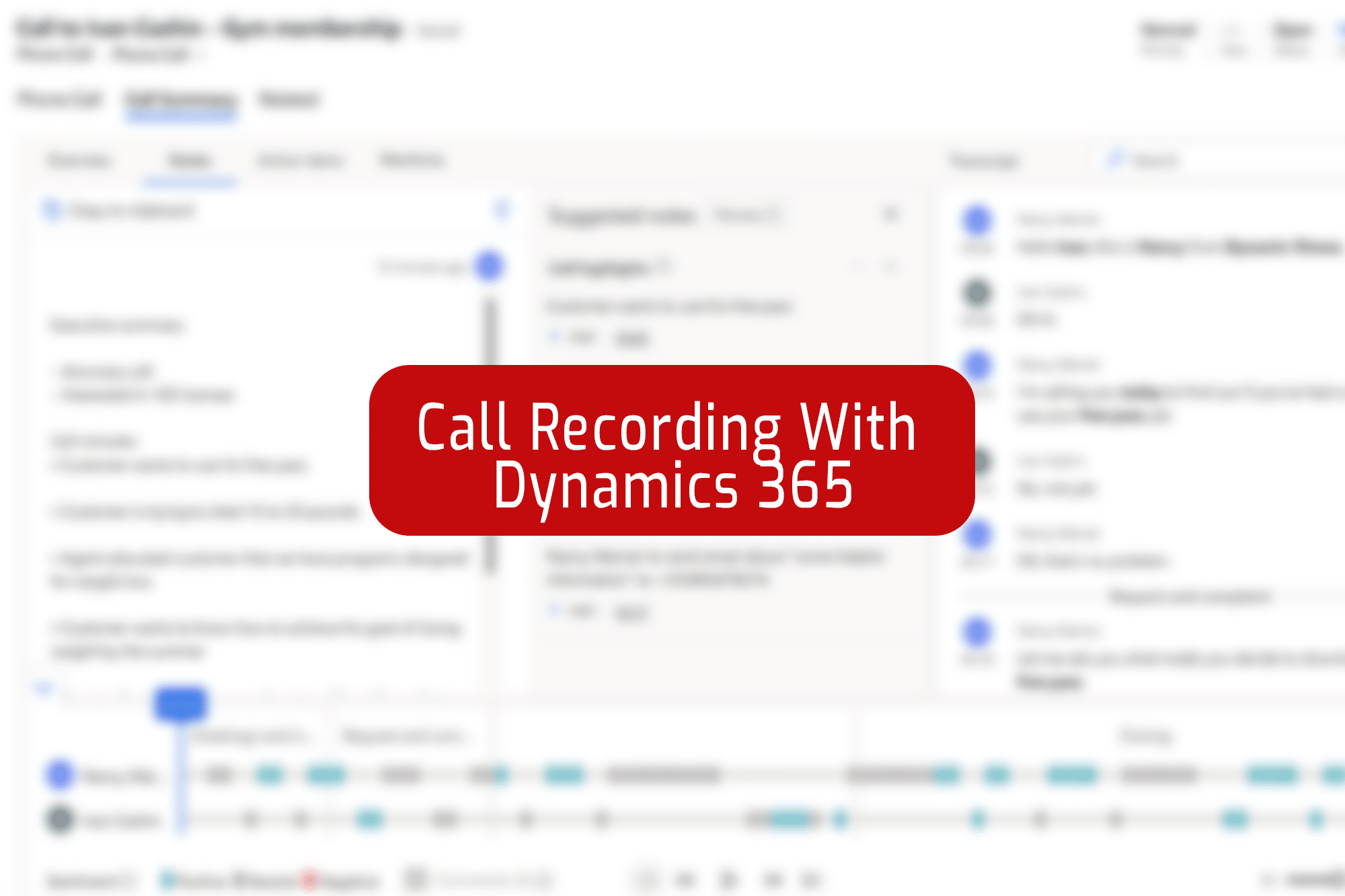What’s Happening To Windows Server 2012?
Windows Server 2012, the server operating system developed with Windows 8, and its second release, Windows Server 2012 R2, are both reaching their end-of-life. Mainstream support for these systems ended in October of 2018, but users were still able to receive security updates – until now.
Extended support for Windows Server 2012 and R2 will end on October 10th, 2023, meaning no more updates for either system.
What Does This Mean For Me?
No security updates means you should think about moving your servers to a new, more recent system, such as Windows Server 2019 or 2022, which are both based on the Windows 10 codebase. You could theoretically keep your servers running on Windows Server 2012, but here are the reasons that’s a bad idea:
- The aforementioned lack of security updates. Running your servers on out-of-date systems will leave your organisation at risk of new vulnerabilities, malware threats, data loss, or even breaches.
- You’ll get no more technical support. If any new bugs or technical issues arise, you’ll be on your own, with no patches or fixes.
But worry not, there are a couple of options for upgrading your systems.
What Should I Do?
To put it simply, you’ve got two main options for migrating away from Windows Server 2012 and R2:
- An on-premise upgrade. You could upgrade your operating system to a more recent version and reclaim support, such as the previously mentioned Windows Server 2019 and 2022. However, depending on how you license your operating system, this could incur a cost. This also may not be possible depending on what programs you have running on your server, in which case you’ll have to choose the option below.
- You could migrate your servers to Microsoft Azure and receive 3 more years of security updates, as part of the Extended Security Updates (ESU) program. This could buy you some time if you can’t organise a new system before the October 10th deadline, or if you run certain dependencies that require Windows Server 2012/R2.
If you’re unsure of what to do, or whether or not you can migrate away from Server 2012/R2, contact us and we’ll help you along every step of the way with a recommendation of what’s best for your business.





